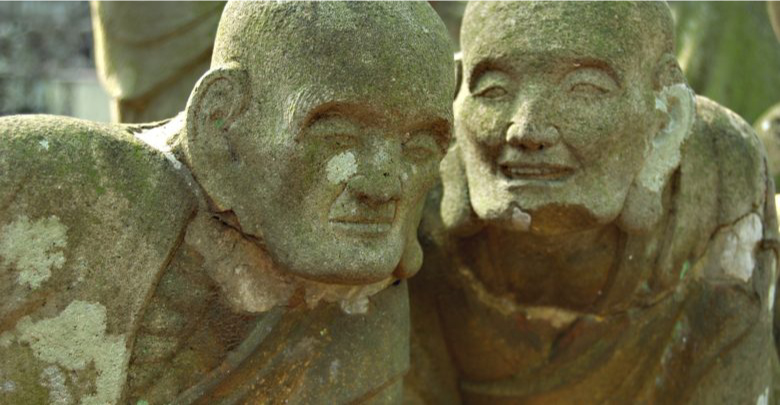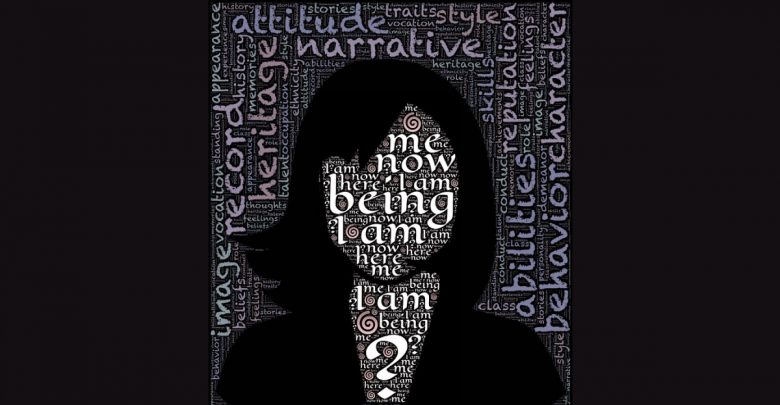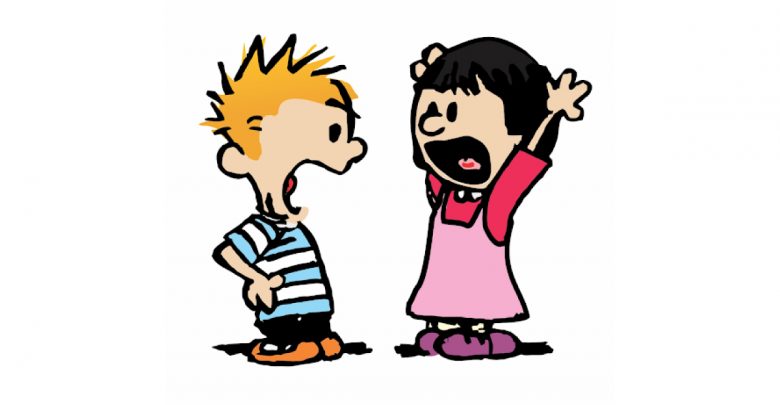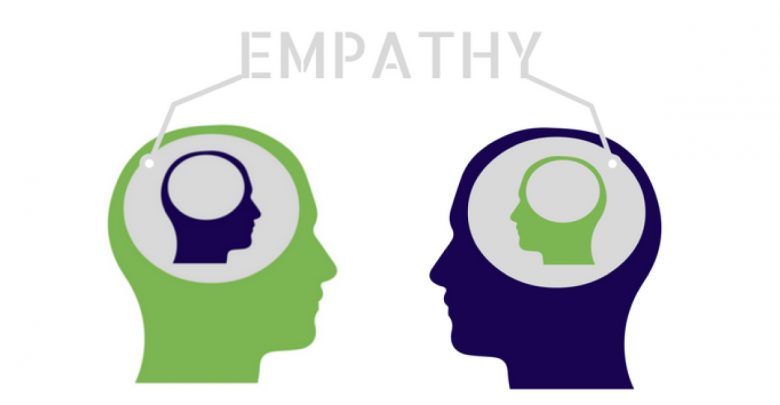emotions
-
The model “4 levels of listening” developed by Otto Scharmer, the mastermind of the famous Theory U, provides a great opportunity for teams to cultivate the capacity to deal successfully with challenging emotional situations. Listening is not the same as hearing. On a purely physical level, the “hearing” occurs thanks to your ears and consequently your brain. When you are…
Read More » -
https://elements.envato.com/bright-green-push-pin-concept-P74UYTX So, you have a problem within the team. Well, that’s not only good, but it’s needed when there are healthy disagreements. In these following articles, we will talk about some ways of how those conflicts and disagreements can be addressed. Why did I choose this tool? It takes years to master the skill of recognizing the conflicts and addressing…
Read More » -
Why did I choose this tool? This tool is useful to assess how ready we are to confront and be confronted. If you find that any of these statements don’t yet apply to you, you can begin to focus on that area and strengthen it further so that confronting or being confronted when necessary is not something that you run…
Read More » -
Why did I choose this tool? Developing an unconditional acceptance and appreciation for all the members of the group and being able to look beyond their looks, religion, political views, age, ethnicity, social standing or any other potential definitions of identity is essential to creating a safe and open space for growth. The reason for this is that it is…
Read More » -
Why did I choose this tool? I have noticed that a lot of material about conflicts is more theoretical than practical, so I took upon myself the challenge of connecting the theory about “stages of conflict” to an example that actually happened, to analyze a real conflict. and learn about its stages and consequently how it could be avoided/resolved. How…
Read More » -
Why did I choose this tool? This tool is useful to assess how ready we are to confront and be confronted. If you find that any of these statements don’t yet apply to you, you can begin to focus on that area and strengthen it further so that confronting or being confronted when necessary is not something that you run…
Read More » -
Why did I choose this tool? This tool will give you some insight of how you can deconstruct an emotionally charged political/religious conflict and facilitate a deep reflection process that reaches beyond these elements and reaches the core of the conflict on an emotional level and thereby has the potential to reach a genuine solution How does this apply to…
Read More » -
Why did I choose this tool? It is a clear step by step approach to developing critical thinking skills. How does this apply to being a trainer? Dealing with concepts, beliefs, multicultural environments and differing worldviews is challenging. It requires the ability to be certain and confident about what we think and what we believe, while at the same time…
Read More » -
Why did I choose this tool? While there is a lot of material about otherism: where it comes from, its political function, why is it historically relevant and what negative effects we see because of it, there is less directly addressing how we can fight otherism. More important is how to do this, not as governments, institutions or even organizations…
Read More » -
Why did I choose this tool? I got quite tired of seeing empathy being stated as the answer to everything, and that everyone needs to have more empathy. While I agree that empathy is essential to understanding, communicating and getting along with each other, I felt that I was already overwhelmed by the amount of empathy that I already have,…
Read More »









